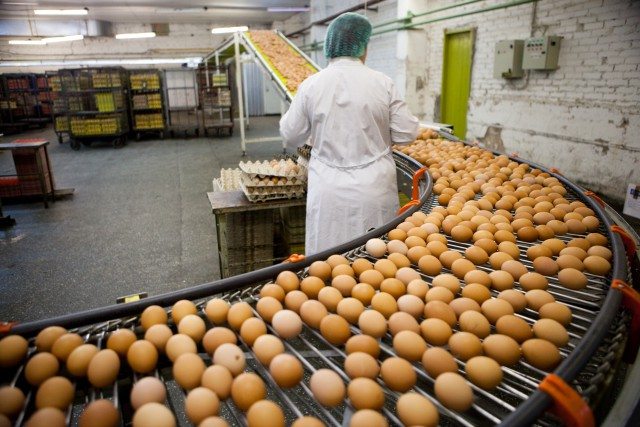Kemin celebrated the nutritional value of eggs and their role in curbing malnutrition on October 10, 2014, which is also the World Egg Day.
The company conducted a series of educational programs on the benefits of eggs and distribute free, boiled eggs to the people of Namakkal and Telangana, India.
According to the World Health Organization, 20 million children are afflicted with severe acute malnutrition (SAM) worldwide.
Of those, 8.1 million reside in India.
This means that one in five children in India have SAM.
In addition, 43% of children under the age of five are underweight.
“Malnutrition is a global problem that affects our most vulnerable – our children,” said K.P. Philip, Kemin president of the animal nutrition and health division in India.
“Even moderate malnutrition can cause detrimental effects both physiologically and cognitively.”
“It is our responsibility to ensure that our children have access to quality protein, specifically protein from animal sources, in order to give them the best chance for a successful future.”
Kemin says the best way to overcome malnutrition is through animal protein sources, such as milk and eggs.
The Indian Council for Medical Research recommends an individual consumption of 180 eggs per year.
However, the per capita egg consumption in India is 54 eggs per year.
Eggs are the most available protein-rich source with 6.3 grams of protein in a large egg.
Additionally, it is the second most bioavailable protein next to mother’s milk.
Just three eggs a week meets the protein requirement for a child.
“People are often unaware of an egg’s excellent source of protein and the many vitamins, minerals and carbohydrates it provides,” said Philip.
“For the fourth consecutive year, we look forward to using World Egg Day as our conduit to share this essential message.”
Kemin plans to have stalls in Namakkal and Telangana in which people can receive a free egg and learn about its nutritional benefits, especially for children age three to 14.










